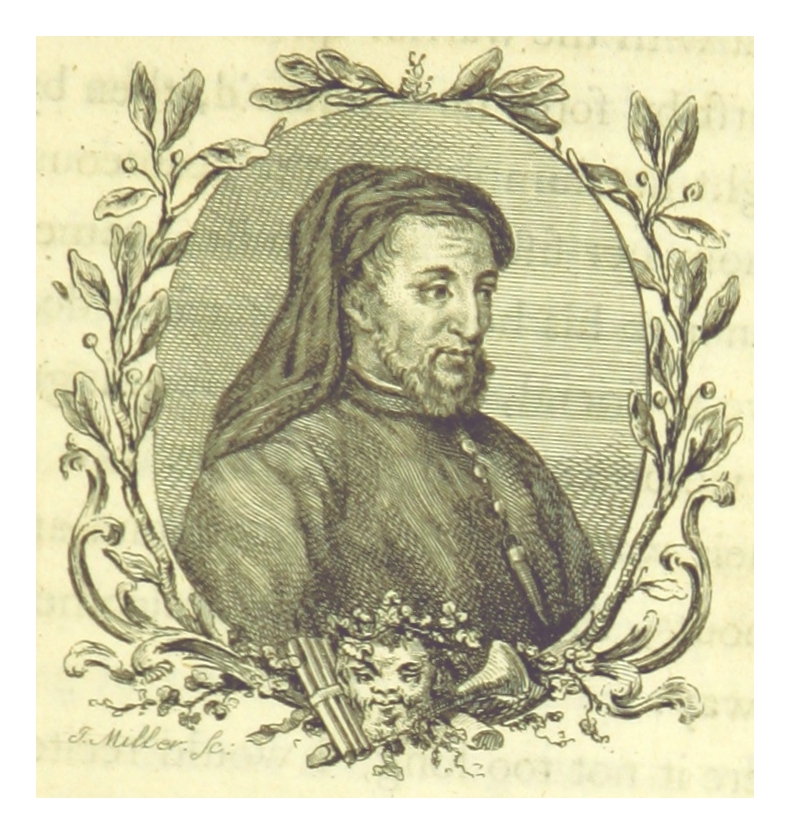Richard Edwardes on:
[Wikipedia]
[Google]
[Amazon]
 Richard Edwardes (also Edwards, 25 March 1525 – 31 October 1566) was an English
Richard Edwardes (also Edwards, 25 March 1525 – 31 October 1566) was an English
Literary Encyclopedia - ''Damon and Pythias''
dead link
''Paradise of Dainty Devices'' online
{{DEFAULTSORT:Edwardes, Richard 1525 births 1566 deaths 16th-century English composers 16th-century English dramatists and playwrights 16th-century English poets English male dramatists and playwrights English Renaissance dramatists Gentlemen of the Chapel Royal People of the Tudor period Masters of the Children of the Chapel Royal
 Richard Edwardes (also Edwards, 25 March 1525 – 31 October 1566) was an English
Richard Edwardes (also Edwards, 25 March 1525 – 31 October 1566) was an English poet
A poet is a person who studies and creates poetry. Poets may describe themselves as such or be described as such by others. A poet may simply be the creator ( thinker, songwriter, writer, or author) who creates (composes) poems ( oral or wri ...
, playwright, and composer; he was made a Gentleman of the Chapel Royal, and was master of the singing boys. He was known for his comedies and interludes. He was also rumoured to be an illegitimate son of Henry VIII.
Life
Richard Edwardes was born in 1525 inSomerset
( en, All The People of Somerset)
, locator_map =
, coordinates =
, region = South West England
, established_date = Ancient
, established_by =
, preceded_by =
, origin =
, lord_lieutenant_office =Lord Lieutenant of Somerset
, lord_ ...
.
Edwardes began his studies at Corpus Christi College, Oxford
Corpus Christi College (formally, Corpus Christi College in the University of Oxford; informally abbreviated as Corpus or CCC) is one of the constituent colleges of the University of Oxford in the United Kingdom. Founded in 1517, it is the 12t ...
in May 1540 and joined Christ Church, Oxford as it opened in 1546. He joined Lincoln's Inn but did not take up law as a career. He joined the Chapel Royal by 1557 and was appointed Master of the Children
Master of the Children is a title awarded to an adult musician who is put in charge of the musical training, and in some cases the general education (which sometimes gets offered as a priceless perk to recruit the best singers) of choir boy (or si ...
in 1561. He married Helene Griffith in 1563. After he died in 1566, he was succeeded by William Hunnis
William Hunnis (died 6 June 1597) was an English Protestant poet, dramatist, and composer.
Biography
Hunnis was as early as 1549 in the service of William Herbert, afterwards Earl of Pembroke. His friend Thomas Newton, in a poem prefixed to ''T ...
.
Works
Plays
In 1566, Edwardes' ''Palamon and Arcite
Palamon and Arcite is part of ''Fables, Ancient and Modern'' written by John Dryden and published in 1700. Palamon and Arcite is a translation of The Knight's Tale from ''The Canterbury Tales'' by Geoffrey Chaucer. Although the plot line is iden ...
'' was performed before Elizabeth I
Elizabeth I (7 September 153324 March 1603) was List of English monarchs, Queen of England and List of Irish monarchs, Ireland from 17 November 1558 until her death in 1603. Elizabeth was the last of the five House of Tudor monarchs and is ...
at Oxford
Oxford () is a city in England. It is the county town and only city of Oxfordshire. In 2020, its population was estimated at 151,584. It is north-west of London, south-east of Birmingham and north-east of Bristol. The city is home to the ...
when the stage fell — three people died and five were injured as a result. Despite the tragic accident, the show continued to play that night.
''The excellent Comedie of two the moste faithfullest Freendes,'' '' Damon and Pithias'' (written in 1564, published in 1571), a comedy, is his only extant play.
Poems
Ten of Edwardes' poems appear in the first edition of the ''Paradise of Dainty Devices,'' though publisher Henry Disle says the poems are "written for the most part by M. asterEdwards." Edwardes possibly compiled the manuscript on which the ''Paradise of Dainty Devices'' is based.Music
Edwardes was less well known as a composer, but several of his compositions survive, including three pieces in the Mulliner Book: "O the syllye man," ascribed to him by the book, and two anonymous pieces usually attributed to him, "In goinge to my naked bedde" and "When grypinge griefes." Other pieces include a song from ''Damon and Pithias,'' "Awake, ye woeful wights," and a setting of the Lord's Prayer in Richard Day's Psalter of 1563.References
Sources
* *''Paradise of Dainty Devices'' (linked below)External links
Literary Encyclopedia - ''Damon and Pythias''
dead link
''Paradise of Dainty Devices'' online
{{DEFAULTSORT:Edwardes, Richard 1525 births 1566 deaths 16th-century English composers 16th-century English dramatists and playwrights 16th-century English poets English male dramatists and playwrights English Renaissance dramatists Gentlemen of the Chapel Royal People of the Tudor period Masters of the Children of the Chapel Royal